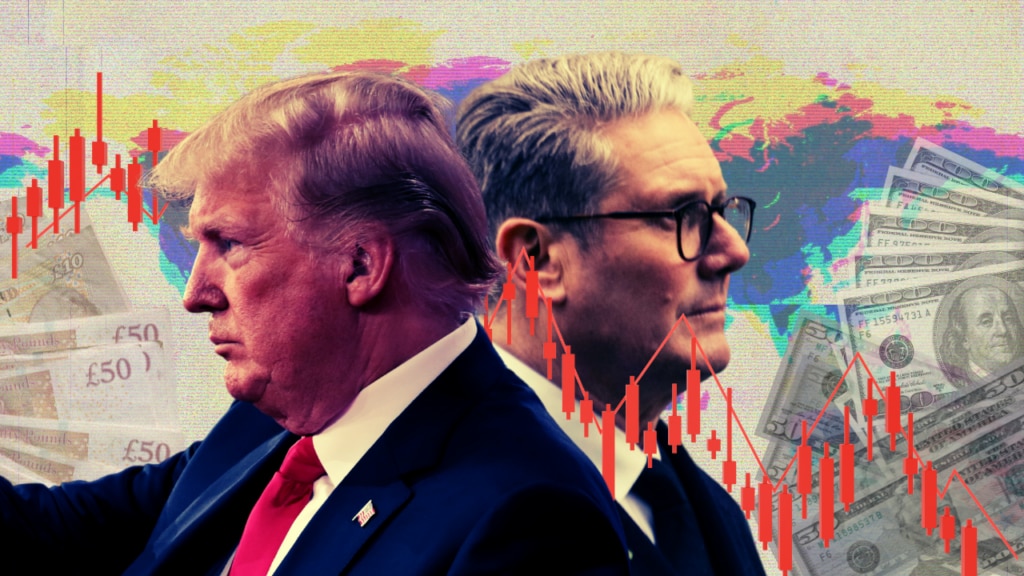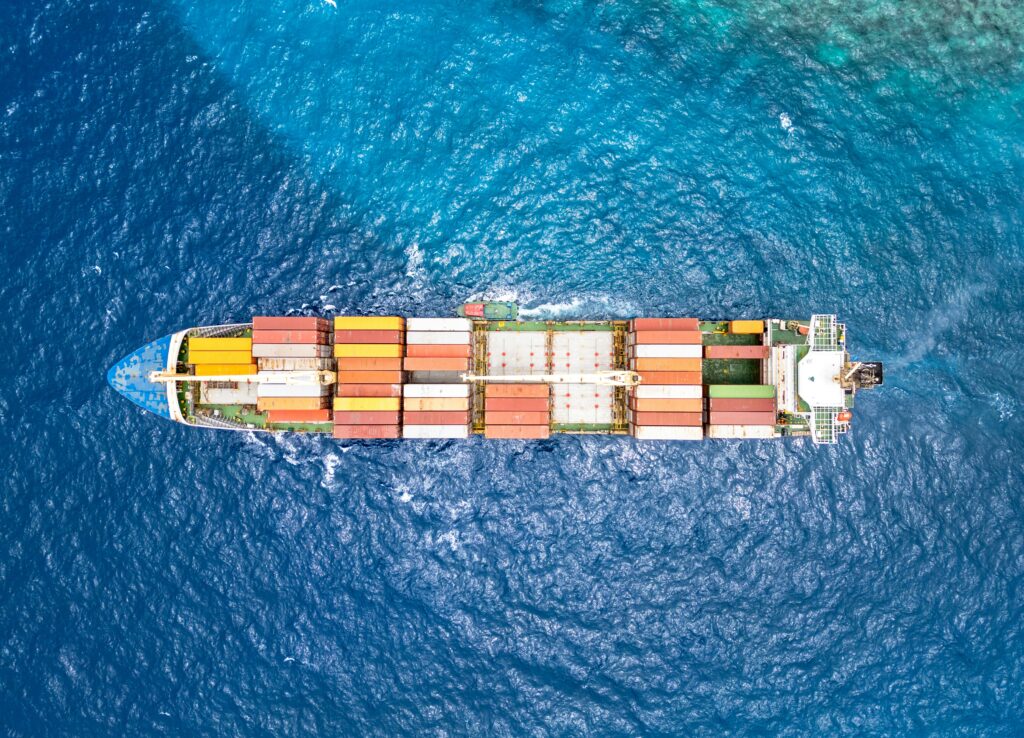
When America closes its doors, everyone feels the draft.
The headlines in the past week have been flooded with Donald Trump’s new, sweeping plan: a 10% “universal baseline tariff” on all goods entering the United States – which impacts every country in one way or another. But 10% is just the minimum – harsher tariffs have been set for the worst offenders. Some countries, like Japan and South Korea, face tariffs as high as 25%. Others, such as Vietnam, have been served with rates above 45%. And China? It’s gone from 104% to 125% in just hours, and there’s no sign of stopping!
Markets around the world have plummeted as a result. The S&P 500 dropped by 10% in just two days, ranking among the deepest in history. Major markets in Europe and Asia have also experienced substantial declines. Global investors are nervous, and with good reason. Tariffs on this scale don’t just affect America’s trading partners. They reshape how the entire world does business.
Having been blessed with the 10% minimum tariff, the UK seems to have gotten off lightly with a slap on the wrist – but it isn’t so simple.
British exports could be hit hard
The tariffs will likely reduce how much the US imports from other countries, including goods from the UK. Economists at the University of Sussex’s Centre for Inclusive Trade Policy (CITP) estimated that if a 20% tariff is applied across the board, UK exports could drop by £22 billion. But what does this mean on the ground?
For instance, if a British firm that builds machinery sells 40% of its products to American buyers, those products instantly become 20% more expensive in the US market with Trump’s tariffs. American companies now have an incentive to buy cheaper alternatives – maybe from domestic producers or other countries with lower tariffs.
The result? Fewer orders for UK firms. Lower production. Factory slowdowns. Layoffs. The ripple effect travels outward – suppliers, logistics, customer support – everyone feels the squeeze.
It’s not a light issue. Real jobs will be affected. Real businesses. Real people.
The cost of living will rise

These tariffs won’t just affect what we sell – they’ll affect what we buy too.
The National Institute of Economic and Social Research (NIESR) warns that in just two years UK inflation could rise by 3–4 percentage points if the US tariffs stay in place. Interest rates, already a burden for many households, could go up by 2–3 points.
How does something happening in America end up making your groceries more expensive?
Because we live in a globalised economy. Most products – even British ones – rely on international supply chains. For example, a box of cereal on the supermarket shelf might have its packaging come from Asia, the machinery that processed it could be American, and the logistics that brought it here rely on global shipping routes.
When one major player – like the US – puts up trade barriers, it creates delays and higher costs across the entire system. Supply chains get clogged. Businesses pay more to get the same parts or materials. Those costs get passed on to us, the consumers.
You might not notice it immediately. But over weeks and months, prices creep up. The same £40 you spend at the supermarket buys less. Your wages don’t stretch as far. And with interest rates rising to tame inflation, mortgages, rent and credit repayments become more expensive too.
So what’s Britain’s response to the tariffs?
While the EU has issued countermeasures also in the form of tariffs, Downing Street has not signalled plans to retaliate. Economic commentators, including The Guardian’s Larry Elliott, suggest that retaliation may play well politically, but does little to protect the UK economy. Labour ministers have been quick to point out that Britain has escaped relatively lightly compared with many other countries.
All in all, Trump’s tariffs may seem like an American issue. But they’re not. They’re a global one – and Britain is on the receiving end.
As a result of these policies, we can expect slower growth, rising prices and increased economic uncertainty. How we respond – not just as a government, but as an economy and a society – will shape our place in a rapidly changing world.
When we see Trump in the news instead of Starmer, we can’t afford to ignore. We have to stay on the ball and vigilant because policies made across the pond can have a grave impact on all of us. Trump’s tariffs prove this.

